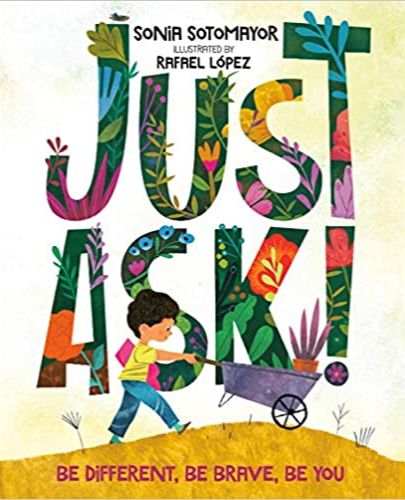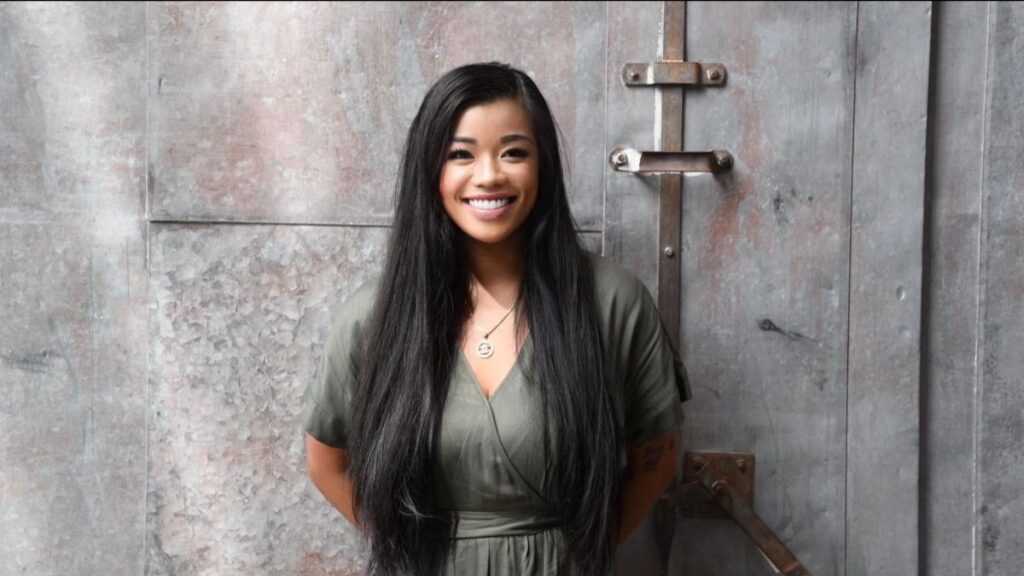What is happening in our country and world right now? As I write this, I need to acknowledge the tremendous grief, anxiety, and fear that we are all feeling right now as individuals and collectively. For myself, I am feeling powerless, anger, and hopelessness as I watch Russia invade Ukraine, as we lose another black man, Amir Locke, to police violence, as Minneapolis students and residents grieve the loss of Deshaun Hill, Jr. from gun violence, as Asian Americans continue to face xenophobic acts of hate and violence across the country, as states legislate the dehumanization of LGBTQ+ bodies and the privilege and comfort of white bodies, and as attacks on the professionalism, expertise, and experiences of educators increase with vitriol and hate. So, so, so many things to grieve, fear, and be angry about.
And yet, I continue to turn towards hope. As I ask myself what justice looks like during these times, I look to Dr. Cornel West’s words, “Justice is what love looks like in public.” And I return again and again to the hope and meaning in a letter written by Sarah Bellamy, Penumbra Center for Racial Healing President, providing us with new ways to frame justice through the lens of love.
So what does justice look like in our everyday actions? We often think that we have to show up for justice in big and public ways – attending a protest or demonstration, petitioning, campaigning, boycotting, writing letters/making phone calls, posting on social media, advocating for policy and legislation. Yes, all of those things are important and necessary to create justice and social change. AND also, to quote justice facilitator, mediator, and writer, adrienne maree brown, from her book Emergent Strategy: Shaping Change, Changing Worlds, “How we are at the small scale is how we are at the large scale. (W)hat we practice at a small scale can reverberate to the largest scale” (p. 52). We can also show up for justice in small ways grounded in love, relationships, and community. Our everyday actions may be small but they contribute to the larger equity, anti-bias, justice, and belonging work at structural and systems levels.
Here are some suggestions as to how we can work towards justice on a small scale in ways that embody love so we can better see each other’s humanity. May engaging in some of these things help you cultivate hope, agency, empowerment, and resilience as you continue to engage in this hard work of creating equity and belonging for all.
With gratitude for Anti-Bias Educators everywhere,
Rebecca Slaby, AMAZEworks Executive Director

Why we love this book: This book was written by the first Supreme Court Justice who is a woman of color, and it highlights lived experiences around disability. Justice Sotomayor emphasizes the theme of noticing and honoring the strengths each child brings along without shying away from talking about our differences and asking questions about things we don’t understand.
Why we love this lesson: It is important that young people don’t feel like they must take on the world in order to make change because that can feel overwhelming and disempowering. This lesson invites intentional awareness and self-reflection so children can begin to recognize their spheres of influence, no matter how big or small they may seem, which can foster resilience and courage to continue working toward justice.

AMAZEworks is thrilled to welcome Thuba Nguyễn to our Board of Directors. She is an Early Childhood Education Specialist currently serving as the Workforce Curriculum Coordinator at Child Care Aware of Minnesota. In this role, she works closely with the Department of Human Services to oversee their 300+ course curriculum using an DEI approach for adult instructional design. She is fueled with passion and dedication to address the inequitable access disenfranchised children have to early childhood education, denounce the patriarchal constructs of education, foster productive adult learning environments, and advocate for the rights of early educators, care providers, and families living in socioeconomic disparities. AMAZEworks is honored to have Thuba’s insight, expertise and knowledge as a leader and champion for the field of early education, representing the progressive movement of anti-bias and anti-racist curriculum in our educational systems, leading us into the next season of our story. Welcome, Thuba!
In Charles Feltman’s book, The Thin Book of Trust, he defines trust as “choosing to risk making something you value vulnerable to another person’s actions.” He names the four components of trust as care, sincerity, reliability, and competence. Below, we have highlighted some AMAZEworks brave conversation guidelines and shared the Youth-Adult Co-Creation Framework from The Reinvention Lab to support trust-building in your communities. A commitment to building trust is a commitment to building justice.